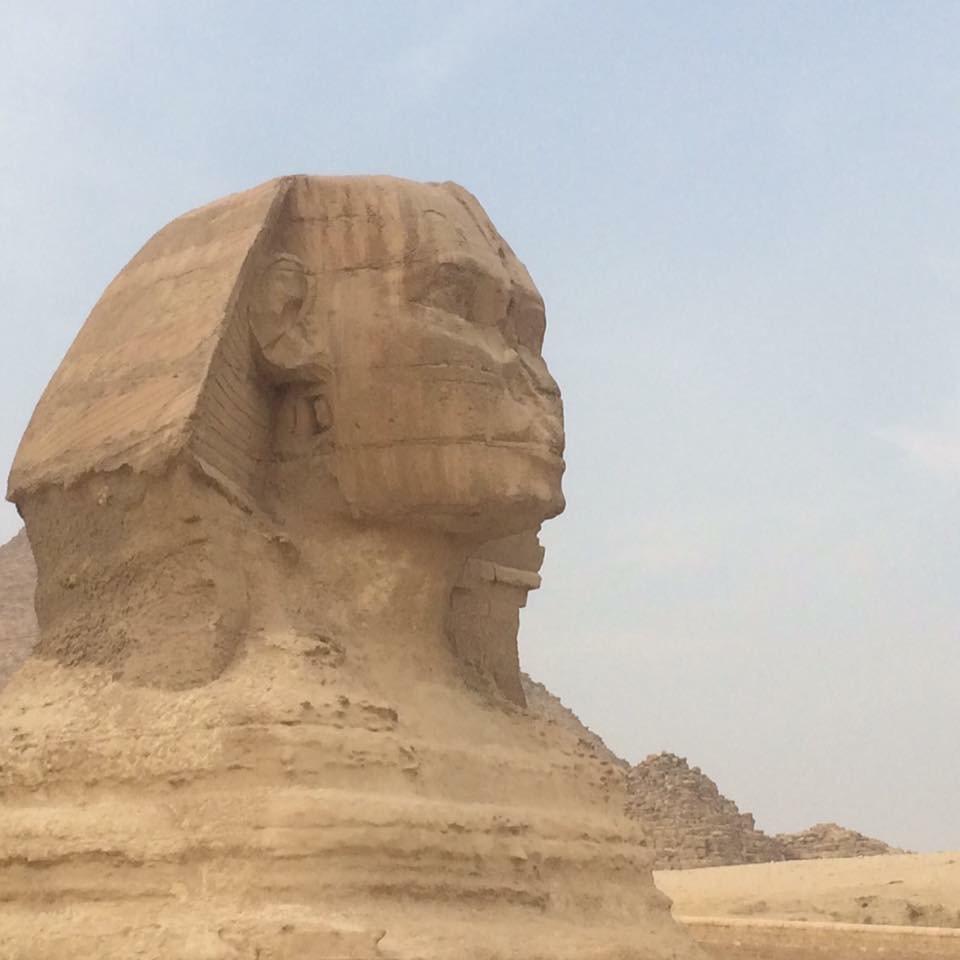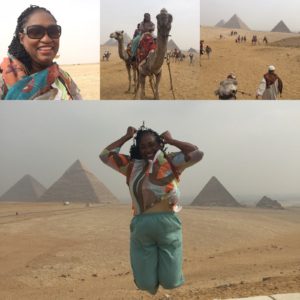
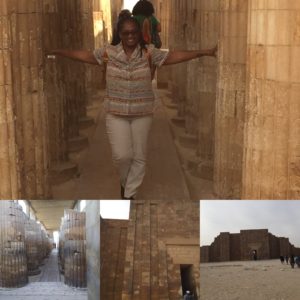
I am reflecting on a trip November 2016 to Egypt [Cairo, Luxor and Aswan]. Along with being in the footsteps of the birth of civilization, I was introduced to essential oils. Essential oils are concentrated liquid containing volatile aroma compounds from plants. I was able to sit down with a Sheik to discuss the spiritual and medicinal value of oils.
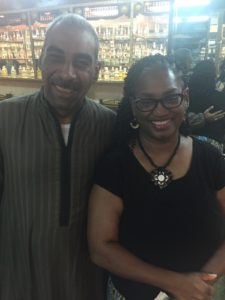
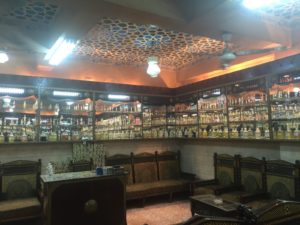
There has been an increase of essential oils inquires/interest with the public seeking organic and natural medical therapies.
Essential oils are the extracts and essences from plants for medicinal, spiritual, aromatic and cosmetic therapy. As early as 4500 BC essential oils were used in ancient Egypt during daily life. Aromatics were worn by the pharaohs, kings and queens. The priests were the “doctors” and used the oils in herbal preparations, tinctures, salves, balms, ointments, resins and powders. Imhotep (founder of medicine), the Grand Vizier of King Djoser (2780 – 2720 BC ) 3rd Dynasty is often given credit for ushering in the use of oils, herbs, and aromatic plants for medicinal purposes.
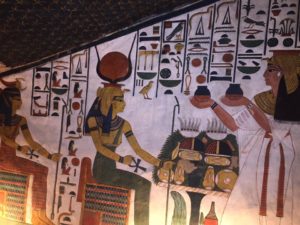
Temple walls depict pictorial use of essential oils. They were used for mummification; preparing the bodies for burial, embalmers used cinnamon, frankincense, myrrh, cedar and juniper. King Tutankhamen’s tomb contained multiple alabaster jars which were used for the oil
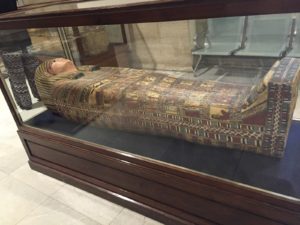
The first recorded plant used was the Ebers Papyrus, not only as an oil but also used for recording. The papyrus grows on the banks of the Nile River. Papyrus leaves produce a woody scent; it is used in perfumes and cosmetics.
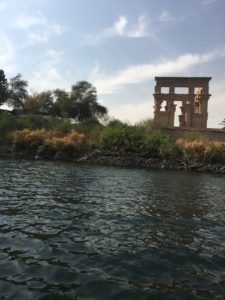
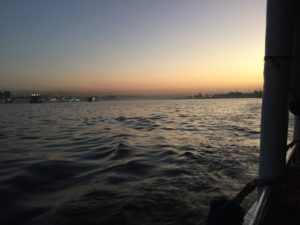
Frankincense is an oil known and mention in the bible as one of the Magi gifts to the baby Jesus. Egyptians used the oil for incense, stomach ailments, skin care and cosmetics. It has aromatherapy benefits, rejuvenating the skin, muscle aches; it also known to stimulate menstrual flow so should be avoided during pregnancy.
Myrrh was the other essential oil mentioned in the Bible. It was used by the Egyptian royalty in embalming. Health benefits have shown external benefits and aromatherapy.
But if you had to choose just ONE essential oil, make it Lavender. It is the most versatile and blends well with other oils. It can be used for physical means and emotional; antioxidant, antimicrobial, sedative, calming and anti-depressive properties. It soothes anxiety, stress; relieves pain or discomfort; help with calming and sleep. The Egyptians used lavender for mummification, perfume, digestive problems and joint pains.
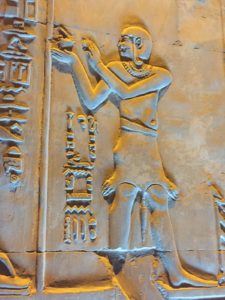
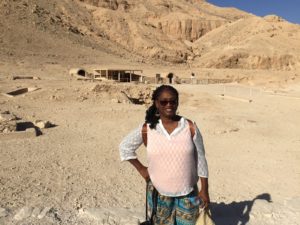
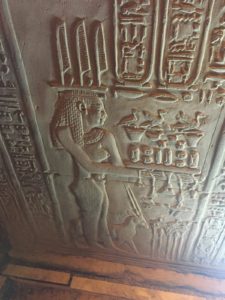
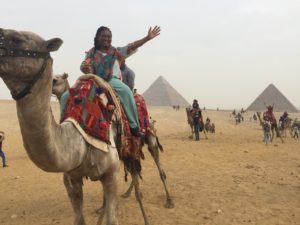
Aromatherapy is the practice of inhaling the scent of essential oils to improve wellbeing.
Not all essential oils are equal. Please do your research for authentic products. Key factors you should be aware when purchasing:
- Label information – only ingredient should be the essential oil [NOT perfume oil, fragrance oil or nature identical oil]
- Dark colored glass bottles are the standard
- Price variance of different oils – they should not all be priced the same
- Folded or concentrated essential oils produce a stronger scent
When you are ready for a wellness and essential oil consultation, make an wellness appointment at https://drmcqueen.as.me/wellness
Yvette McQueen MD
A Global Traveling Physician

